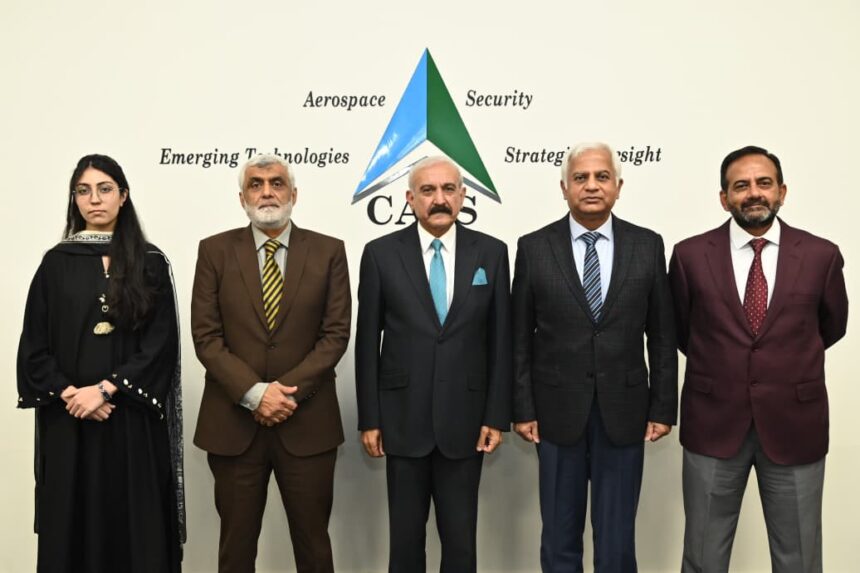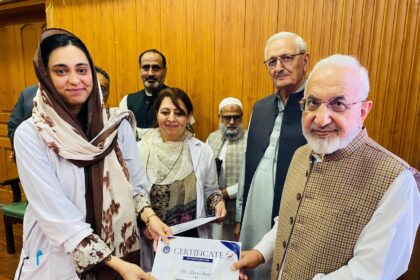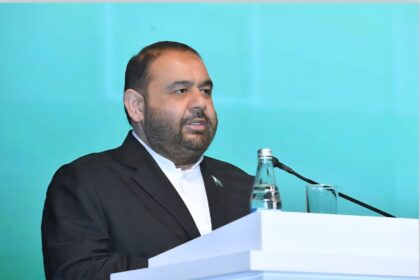The Centre for Aerospace & Security Studies (CASS) in Islamabad convened a high-level roundtable on 23 October 2025 to examine the psychological and strategic layers of air and aerospace power. Senior practitioners and scholars discussed how doctrine, leadership and emerging technologies are reshaping the balance of power across South Asia.
Air Vice Marshal Nasser ul Haq Wyne (Retd), Director CASS, set the tone by stressing that modern operations demand technological edge plus clear doctrine and psychological readiness. He argued that leadership, training and decision-loop compression are critical where rapid information cycles influence both perception and performance, making effective air power dependent on human and institutional factors as much as hardware.
Air Marshal Zulfiqar Ahmed Qureshi (Retd), President of the Centre for Character & Leadership Development at PAF Academy, expanded on how air power now spans space, cyber, electronic warfare and artificial intelligence. He underlined that coherent employment strategy, robust training and leadership clarity compress the OODA loop and enable faster, more decisive action. He also highlighted that sovereign security depends on securing citizens, with the Pakistan Air Force central to national defence, and that air power delivers cost-effective strategic effects beyond mere material inventory.
Air Marshal Farooq Habib (Retd), former Director CASS, explored psychological mechanisms that shape public opinion and political decision-making in contemporary conflict. He recommended resilience training for leaders operating under degraded, ambiguous and deceptive conditions through scenario-based exercises, and called for educating the public to resist kinetic and non-kinetic attempts at psychological dominance. He also urged embedding social science expertise and institutionalising information operations within air operations planning.
Speakers debated how AI, space systems and EW amplify the psychological component of deterrence, making information operations and rapid decision cycles decisive in crisis. The discussion linked doctrine and training to practical measures for compressing decision loops, protecting civilian morale and aligning coercive strategy with political objectives.
Air Marshal Javaid Ahmed (Retd), President CASS, closed the session by underscoring that as warfare extends into cyber, space and information domains, the psychological dimension of deterrence is as important as technological strength. CASS reaffirmed its role as an independent forum fostering strategic dialogue on doctrines that combine intellect, innovation and resolve to support Pakistan’s national security.











